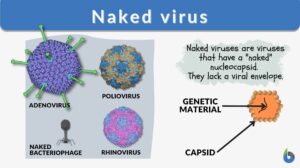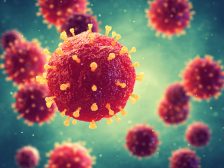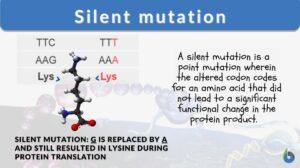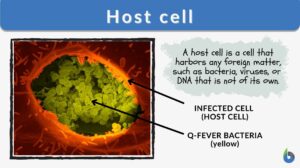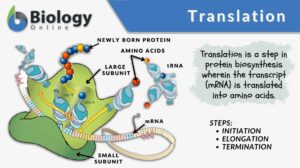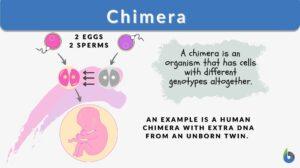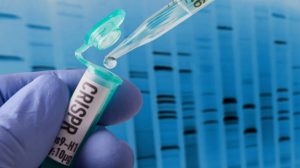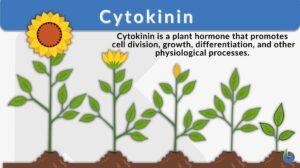Search Results for: dna virus
Naked virus
Viruses are infectious entities with size ranges between 20 to 400 nanometers. The mammoth-sized virus would be about the... Read More
Single stranded DNA virus
Definition noun Any of the viruses belonging to the Class II of Baltimore classification system characterized by having a... Read More
Double stranded DNA virus
Definition noun Any of the viruses belonging to the Class I of Baltimore classification system characterized by having a... Read More
Single-stranded DNA
What is single-stranded DNA? DNA is the material that living organisms possess that carries their genetic make-up. DNA and... Read More
Biological Viruses
The prime directive of all organisms is to reproduce and survive and this also applies to viruses. Apparently, viruses are... Read More
Ribonucleic acid
Ribonucleic Acid Definition noun (uncountable), ribonucleic acids ri·bo·nu·cle·ic ac·id, raɪboʊnjuːkliːɪk... Read More
Silent mutation
A mutation is a change in the nucleotide sequence of a gene or a chromosome. When there is only one nucleotide involved, it... Read More
SsRNA-RT virus
Definition noun, plural: ssRNA-RT viruses Single-stranded RNA virus with a positive sense, single stranded RNA genome but... Read More
Translation
Translation, in general, is the conversion of something into another form, such as a word from one language to another. But... Read More
Retrovirus
Definition noun, plural: retroviruses Any of the group of viruses in the family Retroviridae. The virus is characterized by... Read More
Transposon
Definition noun, plural: transposons A small segment of DNA that is capable of replicating and inserting copies of DNA at... Read More
Nuclear body
Definition noun plural: nuclear bodies nu·cle·ar bod‧y, ˈnjuː.kli.ər ˈbɒdi Any of the prominent non-membraned,... Read More
CRISPR DIY – biohacking genes at home
Have you ever thought of changing yourself for the better -- genetically-speaking? Lately, CRISPR company has been selling a... Read More
Degenerative disease
Degenerative Disease Definition A degenerative disease is defined as a disease characterized by the worsening condition due... Read More
Transactivation
Definition noun, plural: transactivations (molecular biology, genetics) The stimulation of transcription by expressing an... Read More
Transgenic
Definition adjective Of, pertaining to, or relating to an organism that has genes from another organism put into its genome... Read More
Genetic variability
Genetic Variability Definition Genetic variability refers to the tendency of individual genetic characteristics in a... Read More
Bacteriophage
Definition noun, plural: bacteriophages A virus capable of infecting a bacterial cell, and may cause lysis to its host... Read More
Integration
Integration (Science: molecular biology, virology) incorporation of the genetic material of a virus in to the host genome. A... Read More
Papovaviridae
Papovaviridae (Science: virology) family of oncogenic dNA viruses including papilloma, polyoma and simian vacuolating virus... Read More
Predisposing factors
All organisms can be born with or develop a disease at any point in their lifetime. When someone is born with a disease, it... Read More
Biotic factor
Biotic Factor Definition A biotic factor is the living component in an ecosystem. The term "biotic" means "of or related... Read More

